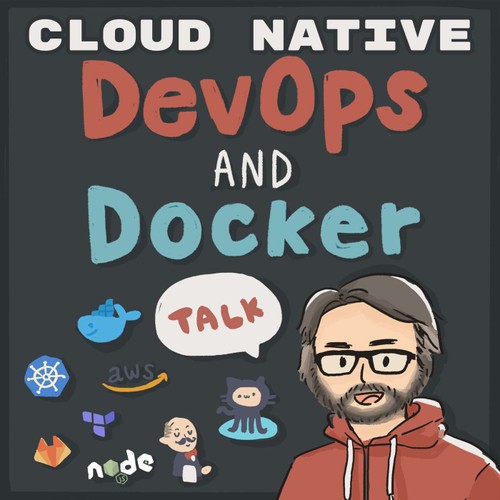
 DevOps and Docker Talk: Cloud Native Interviews and Tooling
DevOps and Docker Talk: Cloud Native Interviews and Tooling MLOps for DevOps People
Sep 6, 2024
Maria Vechtomova, MLOps Tech Lead and co-founder of Marvelous MLOps, shares her insights on the essential differences between MLOps and traditional DevOps roles. She addresses the challenges DevOps engineers face when adopting machine learning workloads. Key discussions include best practices for model accuracy versus computational efficiency and navigating sensitive data in MLOps. Maria also delves into tools like Databricks and AWS SageMaker, and the potential of Golang for CI/CD automation, providing a roadmap for transitioning into MLOps.
AI Snips
Chapters
Transcript
Episode notes
Maria's MLOps Origin Story
- Maria started in data as a data analyst focused on econometrics, then transitioned to data science.
- She self-developed MLOps tools to deploy machine learning workflows when none existed.
Core Principles of MLOps
- MLOps involves many evolving tools but emphasizes principles like traceability and reproducibility.
- Monitoring data drift and model changes is crucial beyond just code and artifact versioning.
Transitioning from DevOps to MLOps
- DevOps engineers moving to MLOps should learn basic data science concepts and how data scientists work.
- Bridging the gap requires understanding data scientists' workflows and improving best coding and security practices.
